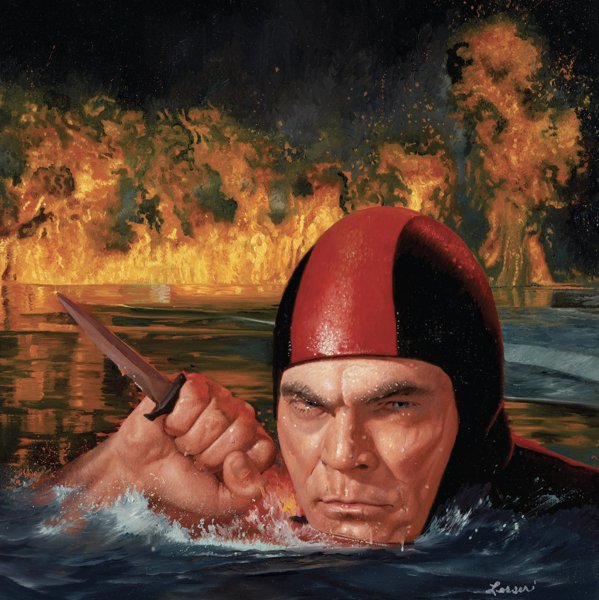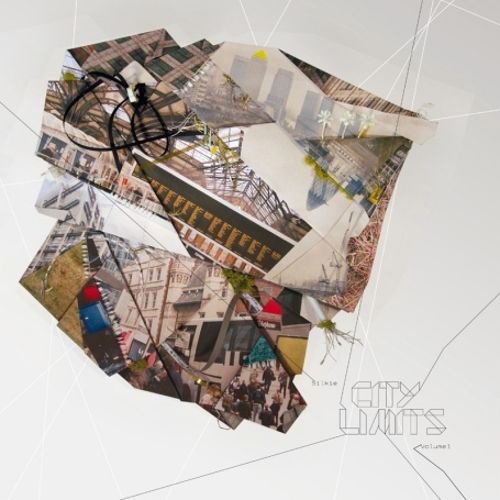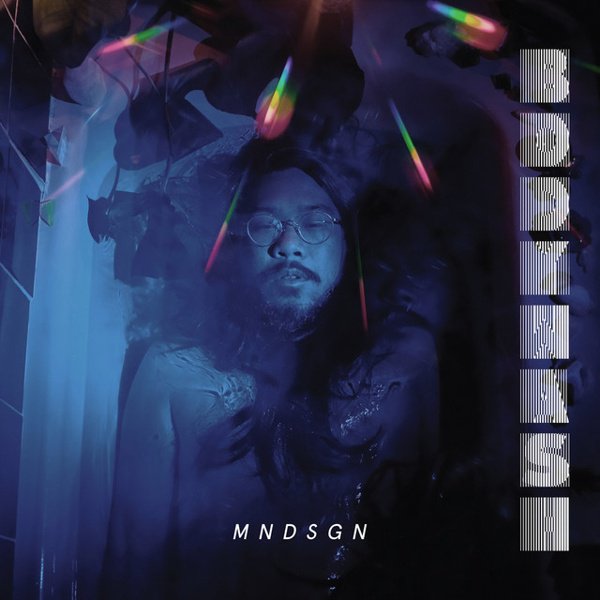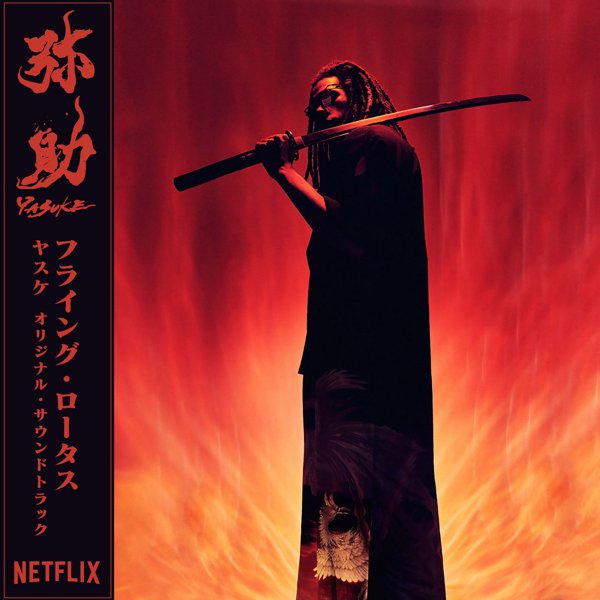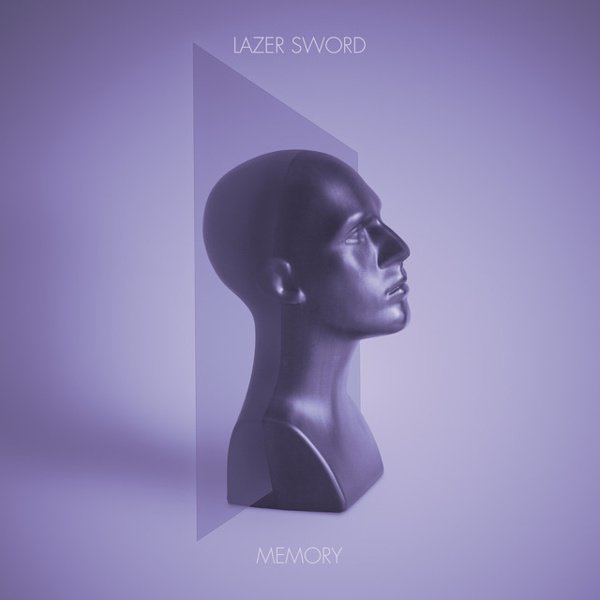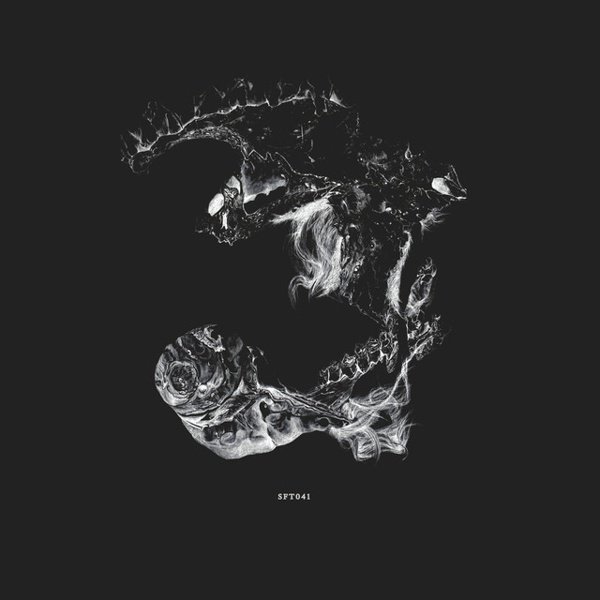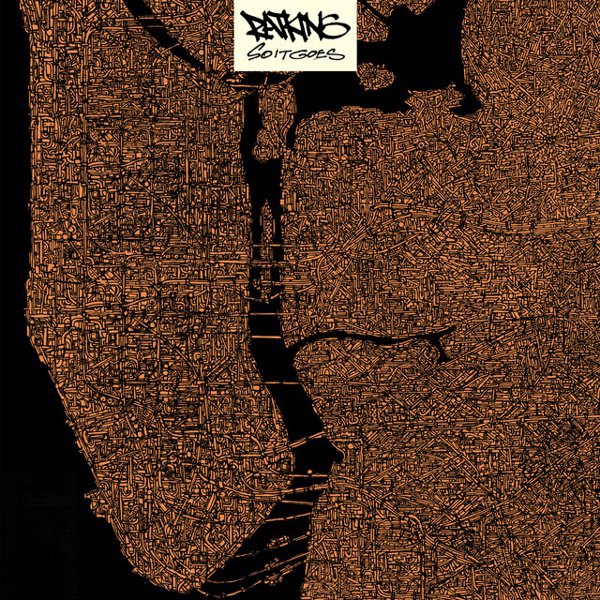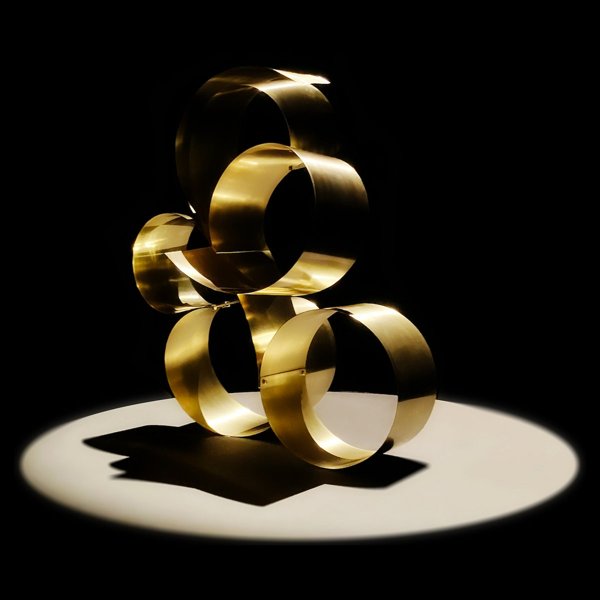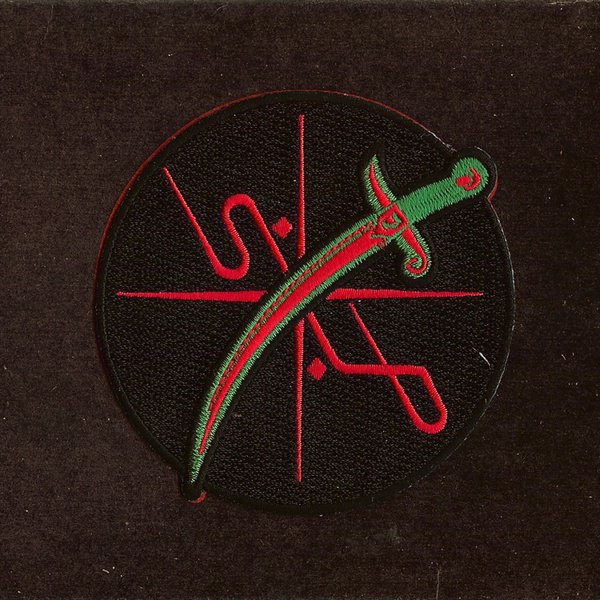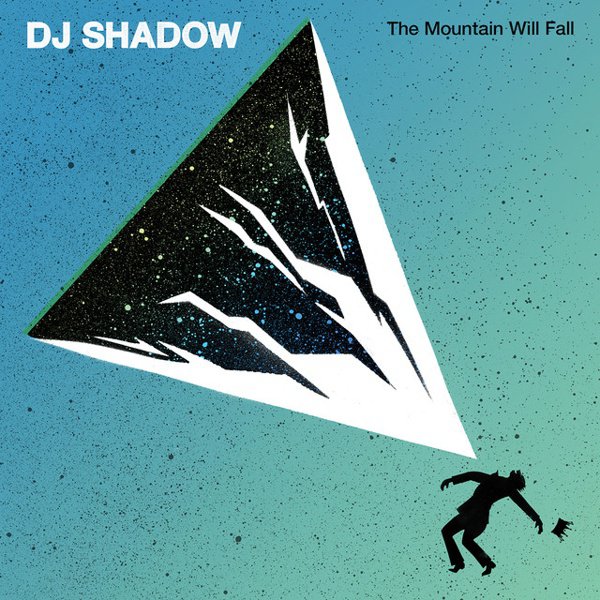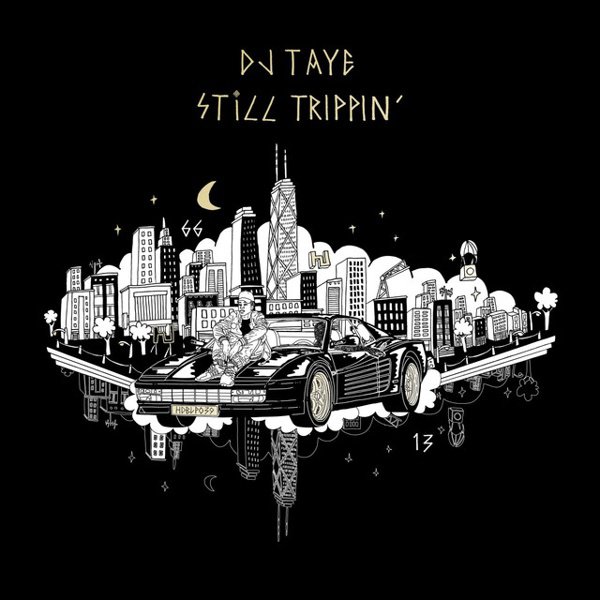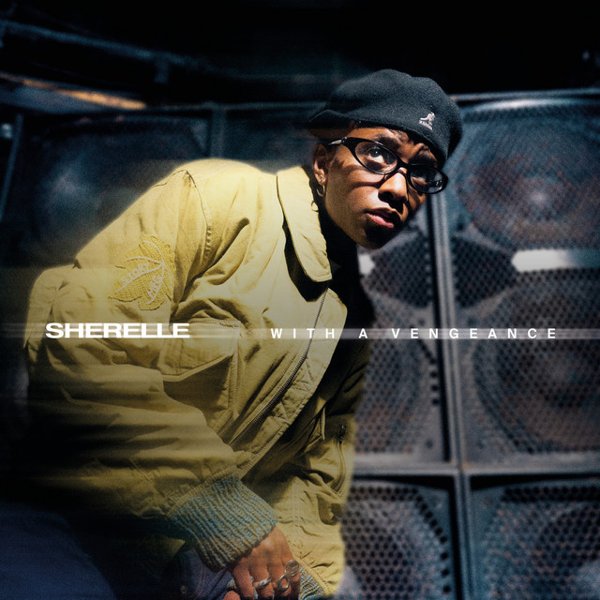Action Adventure
DJ Shadow spent about fifteen years spent making sample-flipping music that was doomed to be constantly measured against his stunning ’96 MPC-virtuoso debut Endtroducing……, and is now on roughly year ten of making electronic beat music in a wildly different mode. His turn towards the analog — hinted at on 2014’s The Liquid Amber EP, brought to the fore on 2016’s The Mountain Will Fall, and subsumed into a frustrated sprawl on 2019’s Our Pathetic Age — finally seems to be settling in with Action Adventure. And if this album makes anything clear about this stage of Shadow’s career, it’s that shifting the means from dusty vinyl-sourced breaks to retrofuturist synthesizers just highlights how his primary obsessions and experiments rely not just in sampling’s particulars, but in the mutability of rhythm itself. Even with Shadow hitting his fifties and switching up his methods, many of the best beats on Action Adventure are casually conversant with the sounds made by artists who came up a generation after him. The pitched-up Loudon Wainwright sample (“all my records and tapes”) on “All My” might sound like a classic Shadow cratedigger wink, but the whipsaw juke dynamics beneath it feel natural for someone so far West of Chicago because his ability to stretch the tension and release of kick-snare fusillades is second nature at this point. The choir-chopping “Witches Vs. Warlocks” careens from demi-synthwave to staccato hypertrap like he’s preparing to go into a beat battle with (or alongside) Hudson Mohawke. And while the funkabilly hoedown of “Free for All” sounds kind of like what you’d get if you tried to do a comedic footwork remix of the King of the Hill theme — one of the few sample-spotter moments on the record, it actually chops a song by Marky Ramone’s early ’70s hard rock band Dust — its inevitable destiny as backwoods car-chase/bar brawl soundtrack fodder doesn’t eclipse how berserk those drums really are. But that engagement with contemporary dance and hip-hop beats is still riddled with the kind of backward glances towards cultural obscurity and memory-oblivion that suffused all his best work. That paradoxical blend of timeliness and retro revisionism makes his reflections on the liminal space between boogie funk and New Jack Swing (the stunning period-piece recreation “You Played Me”) or ’70s kosmische and ’80s electro (“Time and Space”) too startling to be familiar, but too recognizable to feel alienating.

